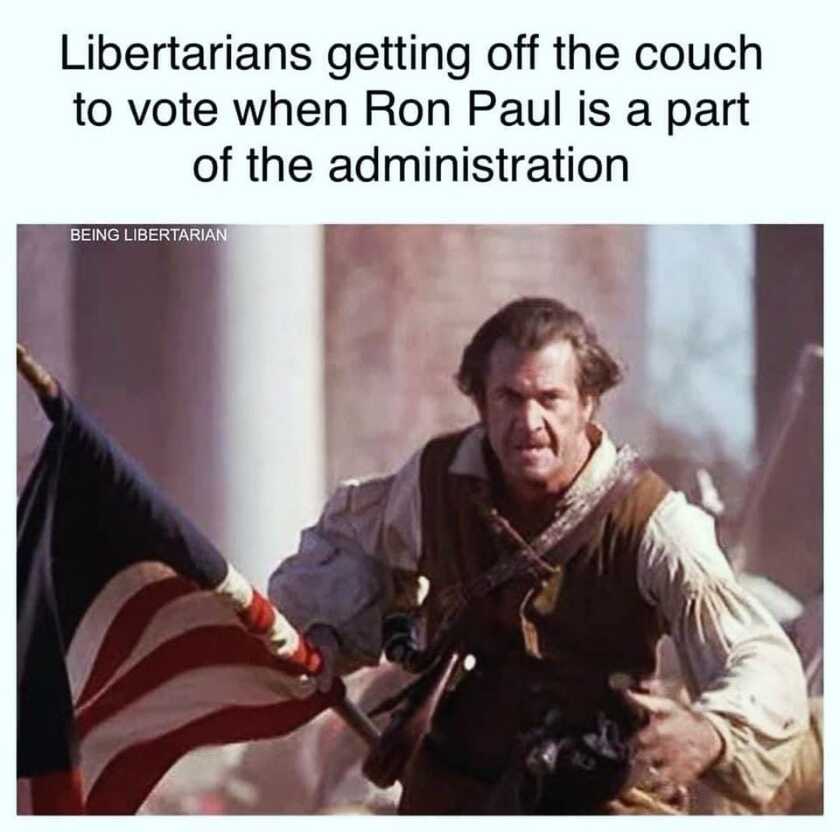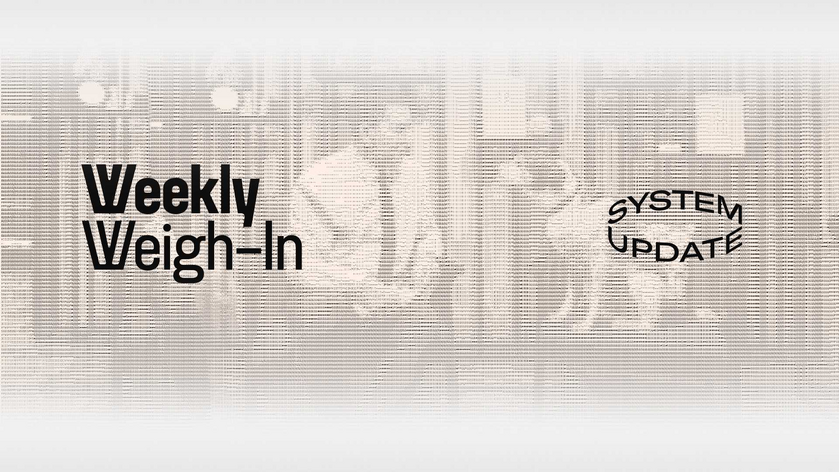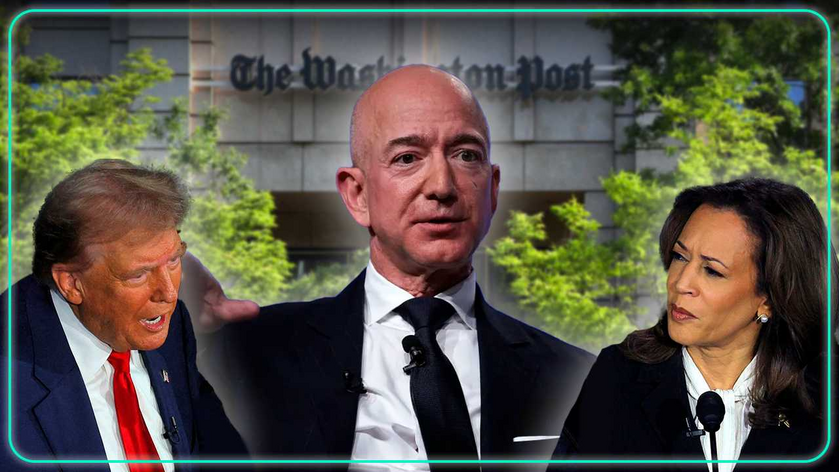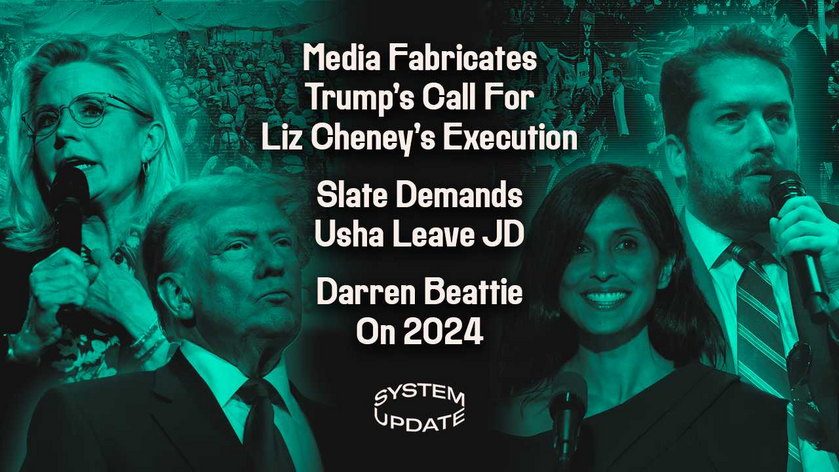On Monday night, we covered the embarrassing spectacle that arose from The Washington Post's decision to refrain from endorsing either Vice President Kamala Harris or former President Donald Trump for the 2024 election. Although the Post's editors had predictably prepared an editorial directing its readers to vote for Harris, the decision not to issue such an endorsement came directly from the Post's owner since 2013, Jeff Bezos.
All of this led to a storm of melodramatic and self-righteous posturing from corporate media personalities and various liberal activists: two categories of people who have effectively merged. To hear them tell it, The Washington Post and outlets like it have enormous credibility with the public and perform an irreplaceable and noble function for all Americans. It is Bezos' directive not to endorse – rather than the endorsement itself – that will irreparably and tragically harm this august newspaper's credibility with the public.
In what dream world are these people living? This is utterly self-serving dreck, a self-flattering fairy tale, that is completely unhinged from any objective reality. Like virtually all corporate media outlets, the Washington Post has no “credibility” to squander. The opposite is true: the mass media is now held in the lowest esteem of any major American institution, somehow even lower than Congress. And the major reason why is that the public perceives – accurately – that large media outlets do not try to tell the truth, but instead lie on purpose to advance their political, ideological, and partisan preferences.
This media uproar – combined with the non-trivial number of cancellations by subscribers to the Post: reportedly 250,000 individual subscriptions, or 8% of its overall subscription base – caused Bezos himself to write an op-ed explaining his rationale. In doing so, he began with a set of facts that are inarguable, yet ones that most people in corporate media simply refuse to acknowledge: namely, that they cannot continue to do things as they have been doing them because they have fully lost the trust of the public. Entitled "The hard truth: Americans don’t trust the news media," Bezos wrote:
In the annual public surveys about trust and reputation, journalists and the media have regularly fallen near the very bottom, often just above Congress. But in this year’s Gallup poll, we have managed to fall below Congress. Our profession is now the least trusted of all. Something we are doing is clearly not working.
Let me give an analogy. Voting machines must meet two requirements. They must count the vote accurately, and people must believe they count the vote accurately. The second requirement is distinct from and just as important as the first.
Likewise with newspapers. We must be accurate, and we must be believed to be accurate. It’s a bitter pill to swallow, but we are failing on the second requirement. Most people believe the media is biased. Anyone who doesn’t see this is paying scant attention to reality, and those who fight reality lose. Reality is an undefeated champion. It would be easy to blame others for our long and continuing fall in credibility (and, therefore, decline in impact), but a victim mentality will not help. Complaining is not a strategy. We must work harder to control what we can control to increase our credibility.
Presidential endorsements do nothing to tip the scales of an election. No undecided voters in Pennsylvania are going to say, “I’m going with Newspaper A’s endorsement.” None. What presidential endorsements actually do is create a perception of bias. A perception of non-independence. Ending them is a principled decision, and it’s the right one. Eugene Meyer, publisher of The Washington Post from 1933 to 1946, thought the same, and he was right. By itself, declining to endorse presidential candidates is not enough to move us very far up the trust scale, but it’s a meaningful step in the right direction.
These are the indisputable facts that corporate journalists refuse to admit. Acting like spoiled and entitled children, they care only about what they want, but not about the realities that constrain those desires. They become infuriated


















